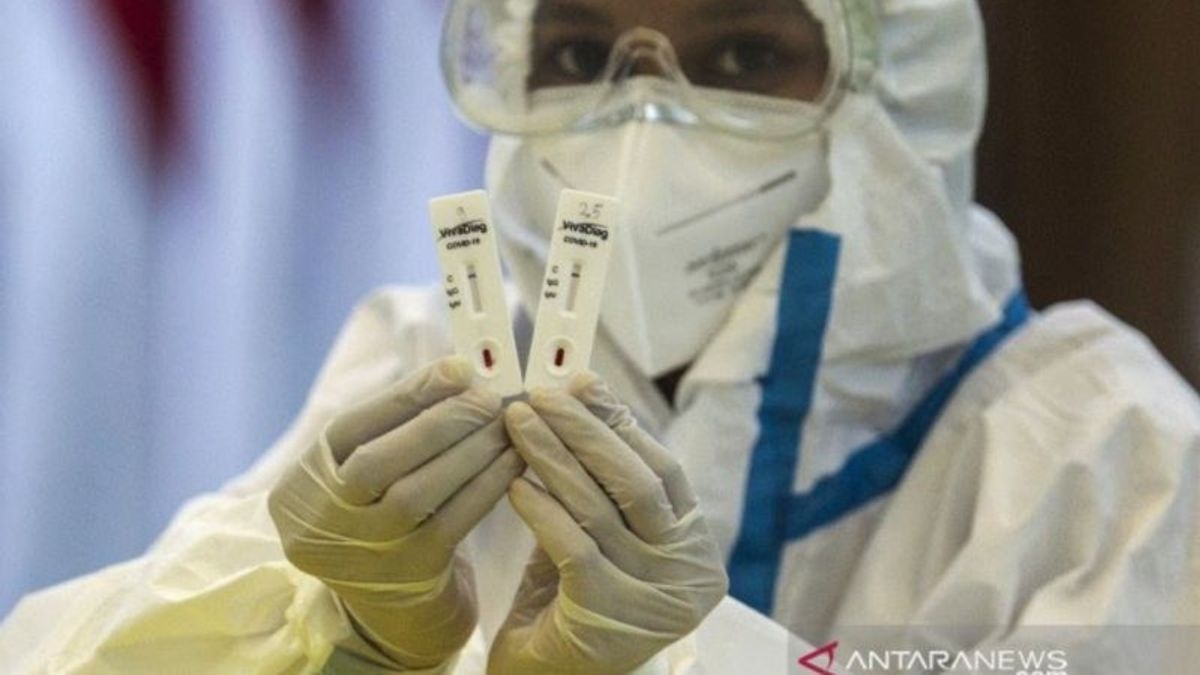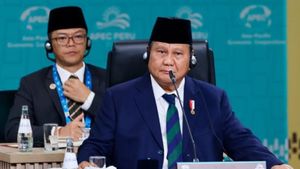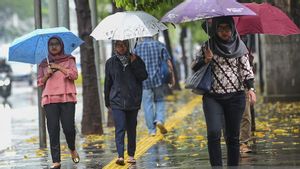Spokesperson for the Indonesian Ministry of Health, Siti Nadia Tarmizi, urged people with symptoms to immediately be tested for COVID-19 because the Omicron variant generally has mild symptoms but remains at risk of being severe and even triggering death. Nadia Tarmizi confirmed by telephone in Jakarta on Sunday. The situation was triggered by the attitude of the people who still take Omicron symptoms lightly. The Ministry of Health reported that the rate of testing for COVID-19 through the antigen test method and the PCR rapid test in the past week was less than 2.54 percent per week. Even though in the period of July 2021, Indonesia recorded the highest test record in a number of provinces, an average of 50-90 percent. Nadia said the target for COVID-19 tests per day at the population level in Indonesia reached 324,000 people. For that Nadia appealed to the public to know more about the potential for transmission. Omicron goes through a number of symptoms. The Indonesian Lung Doctors Association (PDPI) report on 17 Omicron patients at the Friendship Hospital in East Jakarta showed 63 percent dry cough, 54 percent sore throat, 27 percent colds, 36 percent headache and 18 percent fever. According to Nadia These symptoms can lead to serious illness and even death if the treatment is delayed. Until January 27, 2022, there were three Omicron patients who were declared dead. The three patients came from the elderly group with comorbidities such as heart disease, diabetes, kidney failure and obesity. One of them has not received the COVID-19 vaccination, while the remaining two have received a complete dose of vaccine and a booster or booster dose. "We still urge the public to find out about Omicron early so they can isolate themselves and avoid severe symptoms," he said. According to Nadia, treatment Omicron can prevent transmission to others on a wider scale. "Because of the tendency for cases that are asymptomatic or have mild symptoms. This is not an impetus for the community to want to carry out examinations," he said. Nadia said a number of areas that need to increase testing include East Java, Central Java and Bali. "Like Yogyakarta, cases are still low, Bali is still low. But the capacity for 'tracing' is not yet maximized," he said.
The Ministry of Health has also made various efforts by making regulations that lead to preventing the spread of covid 19, one of which is imposing a level of restriction on community activities (PPKM) in each region. The PPKM is accompanied by strict health protocols, namely wearing masks, maintaining distance, washing hands with soap, reduce mobility and stay away from crowds.''These efforts are carried out consistently and evaluated regularly so that every time there are additional cases with small or large numbers, good care management is immediately carried out at the hospital,' he said. In hospitals, especially treatment beds are provided to the maximum. Nationally, the Ministry of Health provides treatment beds in hospitals amounting to 120 thousand to 130 thousand. Not only that, the Ministry of Health has also provided telemedicine services for COVID-19 self-isolated patients to reduce mobility. .Service This makes it easy for patients to do consultations to get free medicine.
The English, Chinese, Japanese, Arabic, and French versions are automatically generated by the AI. So there may still be inaccuracies in translating, please always see Indonesian as our main language. (system supported by DigitalSiber.id)













